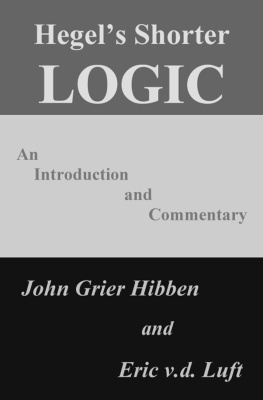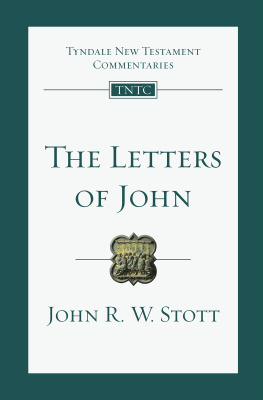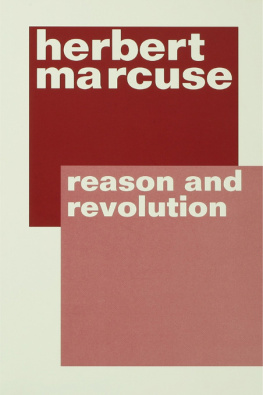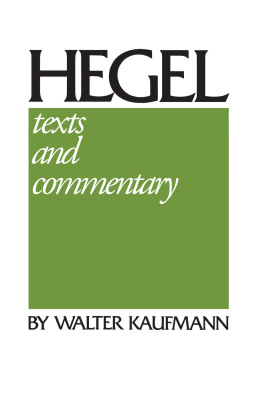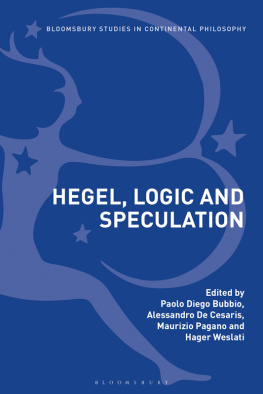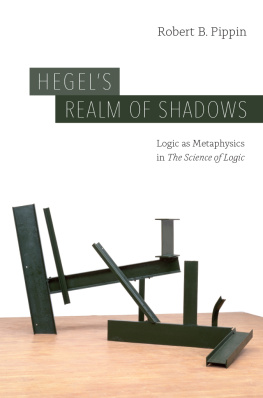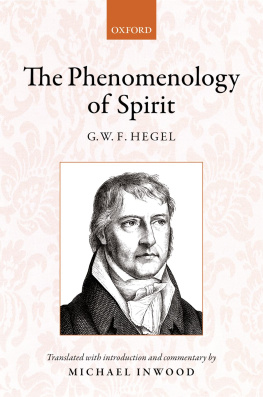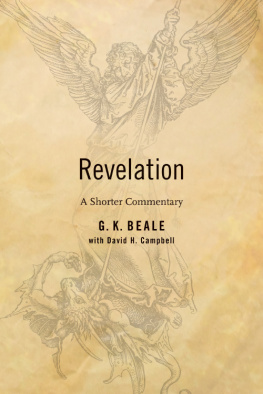John Grier Hibben - Hegels Shorter Logic: An Introduction and Commentary
Here you can read online John Grier Hibben - Hegels Shorter Logic: An Introduction and Commentary full text of the book (entire story) in english for free. Download pdf and epub, get meaning, cover and reviews about this ebook. year: 2013, publisher: Gegensatz Press, genre: Religion. Description of the work, (preface) as well as reviews are available. Best literature library LitArk.com created for fans of good reading and offers a wide selection of genres:
Romance novel
Science fiction
Adventure
Detective
Science
History
Home and family
Prose
Art
Politics
Computer
Non-fiction
Religion
Business
Children
Humor
Choose a favorite category and find really read worthwhile books. Enjoy immersion in the world of imagination, feel the emotions of the characters or learn something new for yourself, make an fascinating discovery.
- Book:Hegels Shorter Logic: An Introduction and Commentary
- Author:
- Publisher:Gegensatz Press
- Genre:
- Year:2013
- Rating:5 / 5
- Favourites:Add to favourites
- Your mark:
- 100
- 1
- 2
- 3
- 4
- 5
Hegels Shorter Logic: An Introduction and Commentary: summary, description and annotation
We offer to read an annotation, description, summary or preface (depends on what the author of the book "Hegels Shorter Logic: An Introduction and Commentary" wrote himself). If you haven't found the necessary information about the book — write in the comments, we will try to find it.
Hegels Shorter Logic: An Introduction and Commentary — read online for free the complete book (whole text) full work
Below is the text of the book, divided by pages. System saving the place of the last page read, allows you to conveniently read the book "Hegels Shorter Logic: An Introduction and Commentary" online for free, without having to search again every time where you left off. Put a bookmark, and you can go to the page where you finished reading at any time.
Font size:
Interval:
Bookmark:


Hegel's Shorter Logic
An Introduction and Commentary
John Grier Hibben and Eric v.d. Luft
ISBN 978-0-9655179-7-3
Copyright 2013 by Gegensatz Press

2013

Drei Schwestern, Gte, Heiterkeit, Verstand,
Du hast zu Deinen Parzen sie erkoren;
Sie sind's, die weben Deines Lebens Band.
Three sisters: goodness, cheerfulness, understanding;
You have chosen them to be your Fates;
These they are, who weave the thread of your life.
- Hegel, letter to an unknown, March 31, 1824

Contents

Preface to This Edition
This work first appeared as Hegel's "Logic": An Essay in Interpretation (New York: Scribner's, 1902). At that time John Grier Hibben was the Stuart Professor of Logic at Princeton University and had already published Inductive Logic (Edinburgh: Blackwood; New York: Scribner's, 1896) and The Problems of Philosophy (New York: Scribner's, 1898). When I first read it as a graduate student in the 1970s, I believed that it was among the best short introductions to Hegel's Encyclopedia Logic - and indeed to Hegel in general - that I had yet read. I still consider it among the best. But it has long needed to be brought up to date. That is what this present version does.
Hegel wrote two " Logics ": The Science of Logic , the so-called "greater" or "larger" Logic , a massive, two-volume, three-part work, and the so-called "lesser" or "shorter" Logic , which comprises the first of the three parts of his Encyclopedia of the Philosophical Sciences , an outline for his students. Hegel's Science of Logic is a complex work, mostly incomprehensible to those who have not first studied both the Encyclopedia and the Phenomenology of Spirit . Indeed, at least one scholar - Kenley Dove in "Phenomenology and Systematic Philosophy," on pp. 28-29 of Method and Speculation in Hegel's "Phenomenology," edited by Merold Westphal (Atlantic Highlands, New Jersey: Humanities, 1982) - even sees the Phenomenology as a "manual of exercises" for understanding the Science of Logic and as an "introduction" to it. To do an adequate commentary on the Science of Logic would take volumes, and would be beyond the grasp of the beginning or undergraduate philosophy students for whom we write. Our book concerns only the shorter Logic , though with occasional references to the larger, mostly for the sake of clarification.
There are notable differences - and perhaps even some inconsistencies - not only between the Encyclopedia Logic and the Science of Logic , but also among the various editions of each work. Hegel published the first volume of the Science of Logic in 1812 and the second in 1816. The first three editions of the Encyclopedia appeared in 1817, 1827, and 1830. There were major changes in the Encyclopedia from 1817 to 1827, but only minor changes from 1827 to 1830. Hegel finished revising the first volume of the Science of Logic just a week before his death in 1831, and in so doing incorporated many changes. For example, his idea of "existence" ( Dasein ) evolved markedly and his concern with Kant's categories decreased. He never had a chance to revise the second volume. Our text here is the 1830 Encyclopedia .
In this commentary, the word "Logic," capitalized and not italicized, refers to the system of Hegel's logic as presented in either of his two works on the subject; while " Logic ," capitalized, italicized, and unqualified, refers to Hegel's shorter Logic . When the Science of Logic is meant, the context should make that clear. The word "logic," uncapitalized, just means logic in the general sense, not necessarily Hegel's.
Hibben's brief commentary on Hegel's Logic remains a valuable introduction for students - nearly as valuable now as it was when it was written. It was ahead of its time in the sense that it emphasized the process rather than the result, i.e., the dialectical innovation rather than the achievement of the absolute. But perhaps its most attractive feature is that it reads like a meditation on, or a digression from, Hegel's Logic , rather than like a commentary or an exegesis. Hibben's interpretation, if not always accurate, is at least always plausible and defensible.
Naturally, I have several little quarrels with Hibben's presentation which have guided me in revising. It would be unfair to him not to mention this here along with my ideas for modernizing his text, if only so that readers will know that I am being forthright rather than sneaky in any latter-day distortion of his words or intentions. Primarily, I have sought to tone down the personalism which was popular in Hibben's time and is sometimes implicit in his work on Hegel.
My main exegetical quarrel with Hibben concerns what I see as his typical understatement of the elevation of the third moment of a dialectical triad. What I mean by that will become clear in the text, but now let it suffice to say that Hibben's use of the phrase "positive reason" to describe the third aspect of a dialectical phase is unfortunate, insofar as it suggests the positivism which Hegel so strongly rejects throughout his works. Moreover, Hegel does not say " positive Vernunft " anywhere in those of his writings which he himself saw through the press. Accordingly, I have substituted "reconciling reason" for "positive reason" wherever it occurs.
Readers should notice that every instance of the words "abstract" and "concrete" in the text appears in scarequotes. This is my amendation to emphasize the key systematic point - which Hibben obviously knew but apparently failed to appreciate adequately or apply consistently - that for Hegel each of these two terms carries approximately the opposite of its ordinary, everyday meaning. Hegel wrote a short essay called "Wer Denkt Abstrakt?" ("Who Thinks Abstractly?") in which he explained that, in his technical vocabulary, "abstract" means one-sided, detached, out-of-context, or incomplete, while "concrete" means interrelated, mediated, in-context, or complete.
I have inserted Hegel's section numbers wherever applicable or helpful, modernized spelling and translations, inserted cross references to Hegel's other books, found the exact sources of epigraphs and quotations, written several explanatory digressions, and expanded the text to make it read more like a running commentary.
I have also added two chapters beyond Hibben's eighteen, which he had organized into four parts corresponding to the introduction and the three parts of Hegel's text. The first chapter, on the nature of philosophy in general, is new; and subsequent chapters have been renumbered accordingly. The other new chapter is the eighth, "Determinacy and Indeterminacy." Also, Hibben's eighteenth chapter now constitutes the whole of the new Part V, with a new emphasis on the transition from the Logic to the philosophies of nature and spirit rather than on the relation among these three.
Besides this preface and the two new chapters, the other major new element in this book is the second appendix, which lists and evaluates some of the secondary literature on Hegel's Logic , especially concentrating on works published since Hibben's time.
Next pageFont size:
Interval:
Bookmark:
Similar books «Hegels Shorter Logic: An Introduction and Commentary»
Look at similar books to Hegels Shorter Logic: An Introduction and Commentary. We have selected literature similar in name and meaning in the hope of providing readers with more options to find new, interesting, not yet read works.
Discussion, reviews of the book Hegels Shorter Logic: An Introduction and Commentary and just readers' own opinions. Leave your comments, write what you think about the work, its meaning or the main characters. Specify what exactly you liked and what you didn't like, and why you think so.

